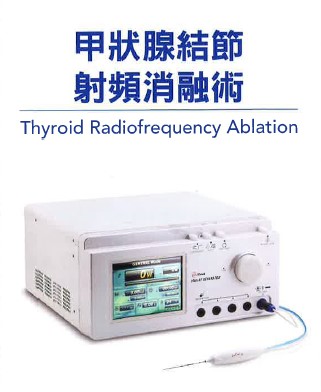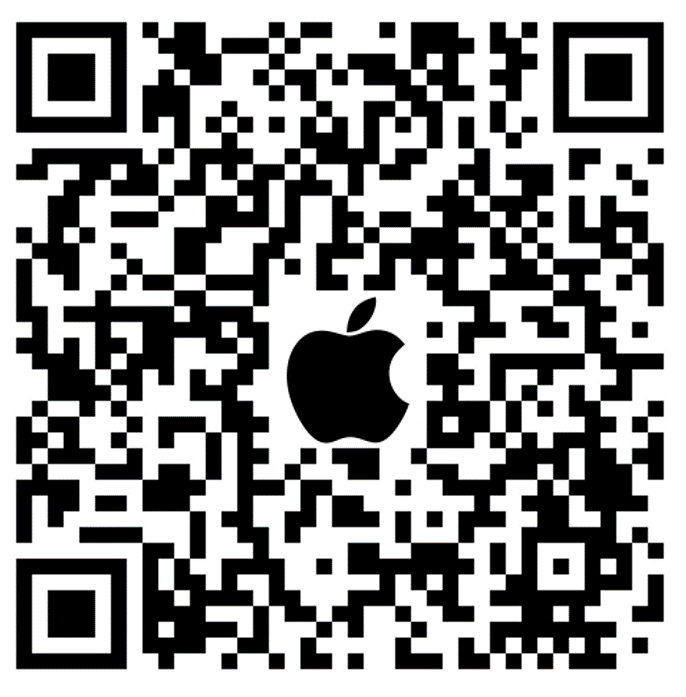
The Otorhinolaryngology Department of the Hospital equipped a medical team of teacher-level attending physicians that set by the Ministry of Education to provide the public with professional and friendly medical services. Currently, there are five attending physicians in the Department of Otorhinolaryngology, and each attending physician has his own expertise.
In addition to common ENT problems, the Department also provides various endoscopic examinations, balance/dizziness testing and dizziness rehabilitation services, and vertigo rehabilitation services, all aimed at delivering top-notch healthcare.
Whether you need a diagnosis, non-surgical treatment, or surgery for problems involving the ears, nose and throat, the Otolaryngology team is here to provide exceptional care.
Service Hours
Monday to Friday:
Morning: 9:00 AM - 12:00 PM
Afternoon: 2:00 PM - 5:00 PM
Monday Evening: 6:00 PM - 9:00 PM
Sunday Morning: 9:00 AM - 12:00 PM
Monday Afternoon: 2:00 PM - 5:00 PM
Wednesday Morning: 9:00 AM - 12:00 PM
This clinic is dedicated to individuals experiencing persistent dizziness that has not significantly improved with medication. We offer an alternative treatment option.
Our specialized Vestibular Physicians conduct personalized consultations and utilize balance-related assessments to identify potential causes of chronic dizziness. We then provide a series of balance rehabilitation plans aimed at alleviating long-term dizziness symptoms.
What is Radiofrequency Ablation?
About Radiofrequency Ablation

Radiofrequency ablation (RFA) is a minimally invasive medical procedure that employs ultrasound guidance to precisely position the probe tip into the targeted nodular area. When radiofrequency is conducted through the instrument to the probe and electrode patch, the interaction of the electric current with the tissue generates high heat, causing the nodule tissue to be ablated and undergo coagulative necrosis.
After nodule treatment, there will be slight swelling for one to two weeks, followed by gradual absorption and reduction in size. The effect can last for one to three years.
In the past, radiofrequency ablation has been widely used in the treatment of tumors in deep organs such as the liver and kidneys. The thyroid, being superficially located and very close to important organs like nerves, blood vessels, the trachea, and the esophagus, could previously only be treated conservatively or through surgical removal. In recent years, improvements in instruments and treatment probes, along with special techniques, have enabled minimally invasive procedures to achieve good therapeutic effects.
Are You the Right Candidate for Thyroid Radiofrequency Ablation (RFA)?
What are the Contraindications to Thyroid RFA?
A Comparison of RAF vs. Open Surgery
Preparing for Thyroid RFA
Hearing Aid Clinic (By Appointment Only for High-Quality Service)
Our department operates a Hearing Aid Clinic to cater to individuals in need of hearing aids. We offer trial services for hearing aid fitting and consultations with professional hearing aid service personnel.
Service Hours:
Every Tuesday and Friday Morning: 10:00 AM - 12:00 PM
Our Hearing Aid Fitting Clinic is staffed with dedicated hearing aid service personnel who provide expert consultations and services.


